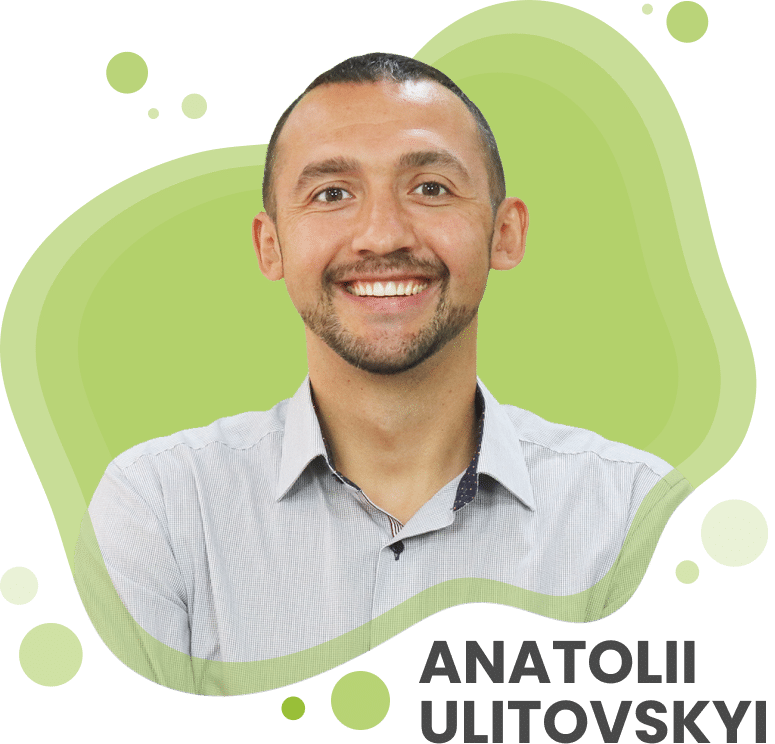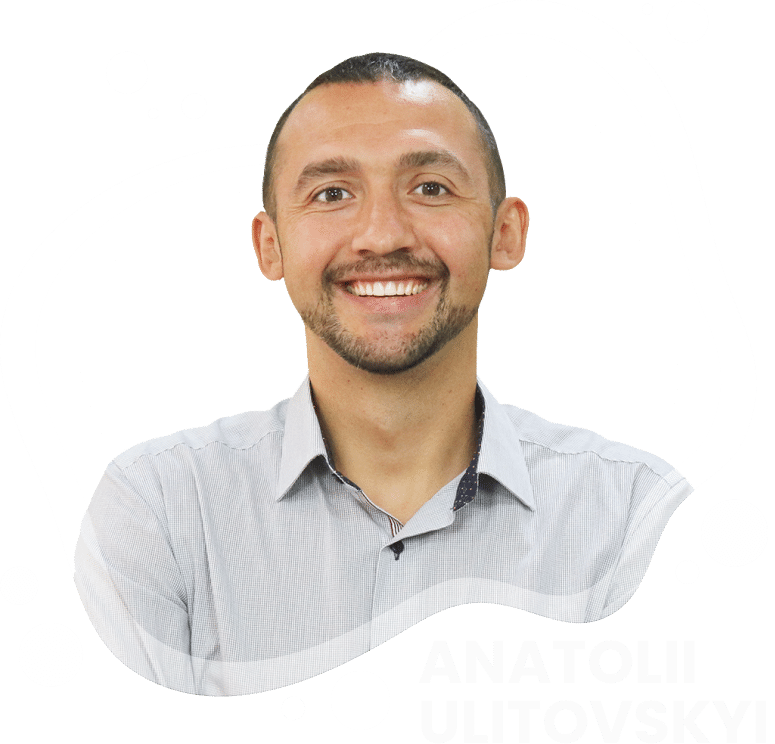It’s no longer just about ranking higher — it’s about being understood by machines that think in language, not links.
Large Language Models (LLMs) like GPT, Gemini, and Claude are reshaping how information flows online.
They don’t just crawl websites.They learn from patterns, structure, authority, and clarity.And as AI-driven search becomes mainstream, the way we optimize content must evolve too.
Legacy SEO still matters.Google, Bing, and traditional engines continue to drive massive traffic.
But now, the same content you create for search engines must also train and feed generative models.
That means every piece of content is not only a marketing asset — it’s training data.Start by understanding the difference.Legacy SEO is about ranking.
Generative SEO is about representation.When AI summarizes or cites your brand, it’s not pulling from a page title — it’s interpreting meaning.
The challenge is to make your content LLM-friendly.Clear context, accurate facts, and natural tone all help.
Your pages must signal both expertise and structure so AI can absorb, understand, and use them correctly.
Use the UNmiss Automation tool to build this bridge.
It identifies content that’s semantically strong, structured for AI comprehension, and optimized for both traditional and generative engines.
You can analyze intent, measure authority, and refine your message for machine interpretation — not just human reading.
Key takeaways for optimizing in the age of LLMs:
-Write with semantic clarity — express full ideas, not keyword fragments.
-Use structured data and clean formatting to help AI systems parse meaning.
-Keep optimizing for legacy SEO — foundation models still learn from traditional rankings.
-Ensure factual accuracy and originality — AI tools reward trustable content.
-Think in concepts, not queries — LLMs connect topics holistically, not by keyword density.
Our guest, Dave Davies, works deep in the AI ecosystem — with Weights & Biases, the company building tools that train foundation models, and CoreWeave, the GPU powerhouse that recently acquired it.
Few people understand both the infrastructure and intelligence behind modern search like he does.
Dave explores how AI and SEO are merging, and how forward-thinking marketers can adapt before the next algorithm shift.So start rethinking optimization.Use UNmiss Automation to align your SEO with the LLM era.
Train your content to teach the machines.
Because in generative search, you don’t just aim to be found — you aim to be remembered.

































